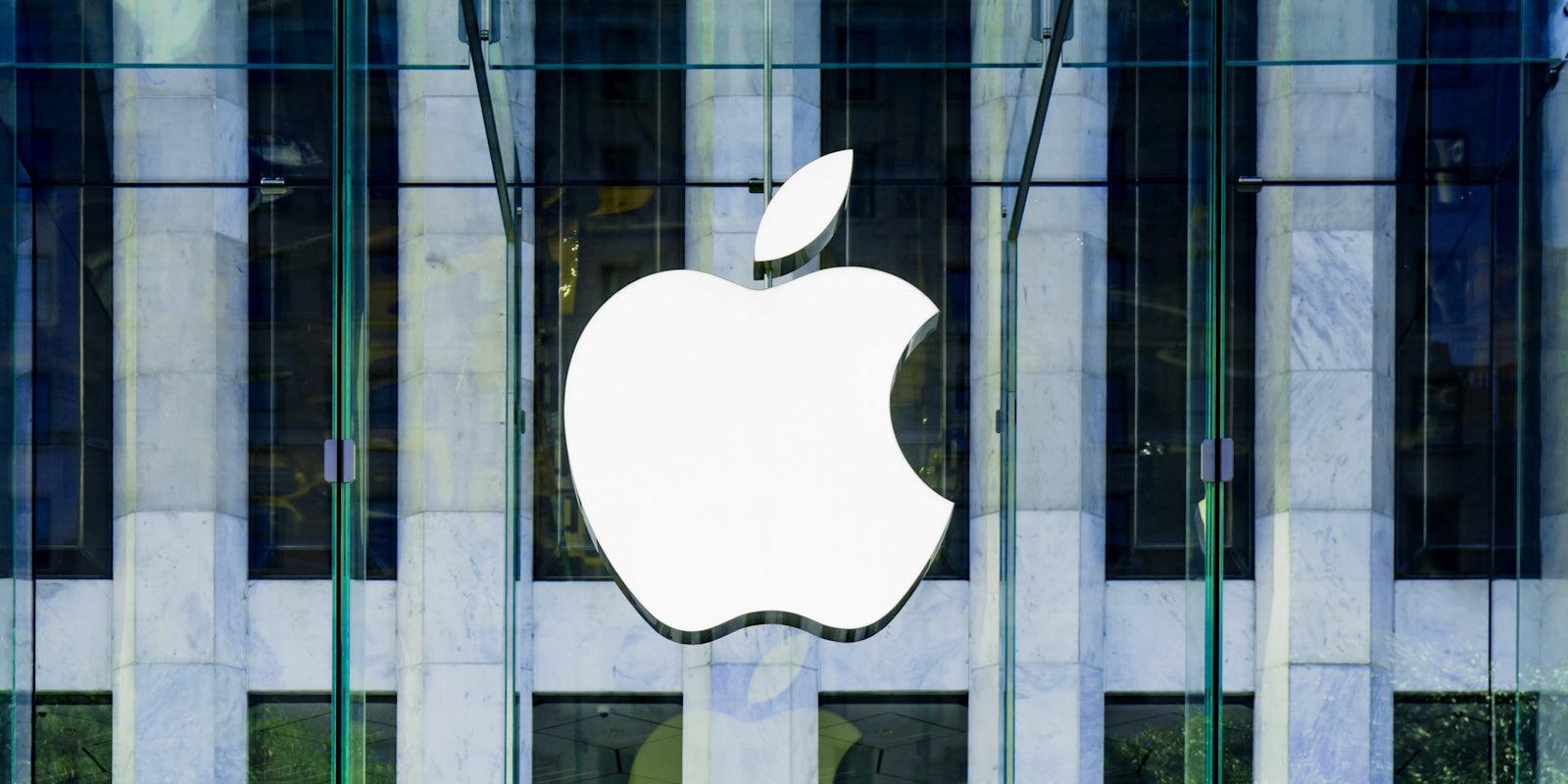An internal briefing at Apple on ways to prevent leaks appears to have been leaked.
The Outline claims to have obtained a recording from an internal meeting held earlier this month at Apple titled “Stopping Leaking—Keeping Confidential at Apple.” The presentation was led by director of Global Security David Rice, Director of Worldwide Investigations Lee Freedman, and Jenny Hubbert of the Global Security Communications and Training Team.
The online publication wrote a shocking report revealing some of the extreme methods Apple uses to prevent leaks, and the uphill battle it faces to stop millions of people both within and outside the company from leaking information about an upcoming product.
The report is particularly surprising given Apple’s iron-first approach to keeping its projects under wraps, a strategy that has made it one of the most secretive companies in the world.
It would be shocking if one of its devices, which could have been touched by millions of workers, was leaked, but the release of information provided in an internal briefing about preventing leaks isn’t only ironic, it’s unprecedented.
According to the report, Apple’s security team employs investigators who previously worked in U.S. intelligence for agencies including the National Security Administration (NSA), FBI, Secret Service, and U.S. military, to prevent the “press, counterfeiters, and competitors” from leaking information about its products.
It apparently created a New Product Security team to deal with leaks on the supply chain, like when the iPhone 5 was leaked in 2012. Rice says the New Product Security was created because of the iPhone 4 prototype leak back in 2010, when an employee left the device at a bar and it was later sold to Gizmodo.
The team is said to have been successful preventing leaks in factories, but Apple now appears to be facing the challenge of cracking down on leaks at its campuses in California. Last year was the first year Apple leaked more from its campuses than its supply chain, Rice said, according to the report.
In the past, Apple’s U.S. employees have griped about draconian security measures, Rice says, because of the leakiness of the supply chain. “You always get this battle … like, ‘Well, why do we have to do all this security stuff when our supply chain leaks so much?’” Rice says. “I think the noise has always been high here and once the supply chain noise dropped down suddenly we realized, ‘Oh crap. We have a problem here.’”
While the Outline claims that the presentation sounds like “working for the CIA,” Apple says there is no Big Brother culture in the company.
In its Chinese factories, Apple is tasked with preventing millions of workers from leaking information.
The Outline says Rice compared Apple’s work of screening its employees to that of the TSA, claiming it screens 2.7 million workers from 40 factories in China versus the 1.8 million people the TSA screens at peak volume.
He described the job of stomping out leaks as “trench warfare” and said the financial reward for leaking components for an upcoming Apple product can be up to a year’s salary for a Chinese worker.
Rice said those stolen parts end up in one of the largest markets in the world, near Shenzhen, China. A “particularly painful year” for Apple was in 2013, when the company had to buy back 19,000 enclosures of the iPhone 5C before it was announced. But things appear to be improving in China.
“In 2014 we had 387 enclosures stolen,” he [Rice] says. “In 2015 we had 57 enclosures stolen, 50 of which were stolen on the night of announce, which was so painful.” In 2016, Rice says the company produced 65 million housings, and only four were stolen. “So it’s about a one in 16 million loss ratio, which is unheard of in the industry.”
Preventing leaks has a direct impact on Apple’s finances. CEO Tim Cook blamed lagging iPhone purchases on “earlier and much more frequency report about future iPhones,” according to MacRumors.
The release of internal recordings proves that, despite its claimed success, the teams that prevent leaks at Apple still have a lot of work to do.
You can read the full report over at the Outline.


